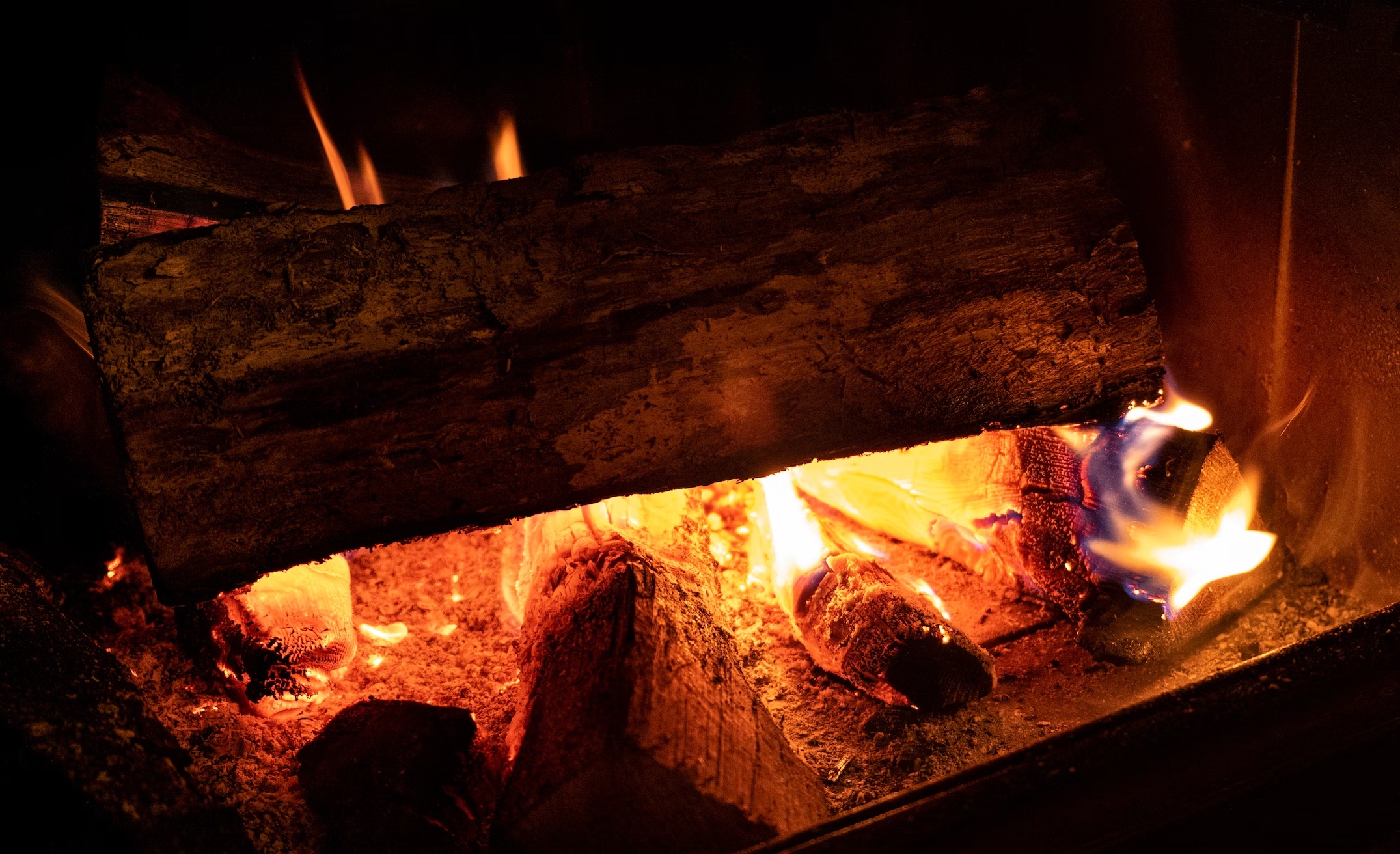
Nothing beats the feeling of instant warmth when you step into the home of someone who heats with
wood. How many times have you heard someone say, “Wood heat just feels warmer”? And it’s true! It’s
a choice that can’t be beat!
1. It’s Efficient
The EPA has tightened the efficiency standards to the current 4.5 grams/hour with many
manufacturers far exceeding that. No more black smoke rolling out of the chimney. Now, with
catalytic technology, you barely notice there’s a fire.
2. It’s Off-Grid
Whether it’s a choice you make to live off grid or it’s the peace of mind knowing that you can heat
your home and cook – if necessary – during a prolonged power outage, you can reduce your
reliance on other sources of heat.
3. It’s Sustainable
What could be “greener” than using a fuel source that you can replenish yourself? Not only can it be
harvested locally, reducing transport costs, but if you have the land, you can harvest it yourself. And
plant more trees to ensure you have fuel for decades to come.
4. It’s Economic
Pound for pound, dollar for dollar, wood can be less costly than other sources of fuel. Especially if
you harvest, cut, split, and stack it yourself. Ask friends, family, or coworkers where to get wood. Or
drive around the countryside and you’re sure to see stacks of wood with a for sale sign.
5. It’s Rewarding
Let’s be honest, it’s work. But like all work, it’s rewarding. And for some, enjoyable! Since many
hands make light work, it’s an activity the whole family can enjoy!
6. It’s A Tax Break
The most recent legislation in the Inflation Reduction Act extended the available tax credit to 2032.
It’s a 30% credit, capped at $2000, and it covers the cost of the stove, chimney, stove pipe, hearth
pad, and installation. Just take your paid invoice and manufacturer’s certificate to you your tax
professional and they can handle the rest. Just remember, it’s a tax credit, not a rebate. You won’t
be getting money back. But if you typically pay in at tax time, you can reduce your tax liability down
to $0. In other words, the stove may qualify, but the individual may not. That’s where your tax
professional comes in.